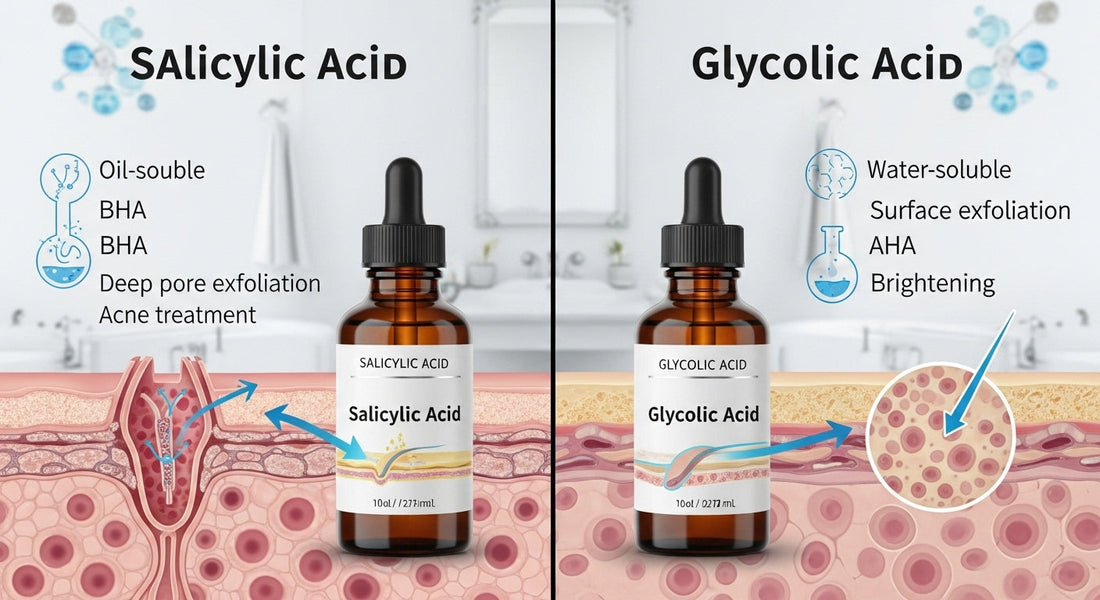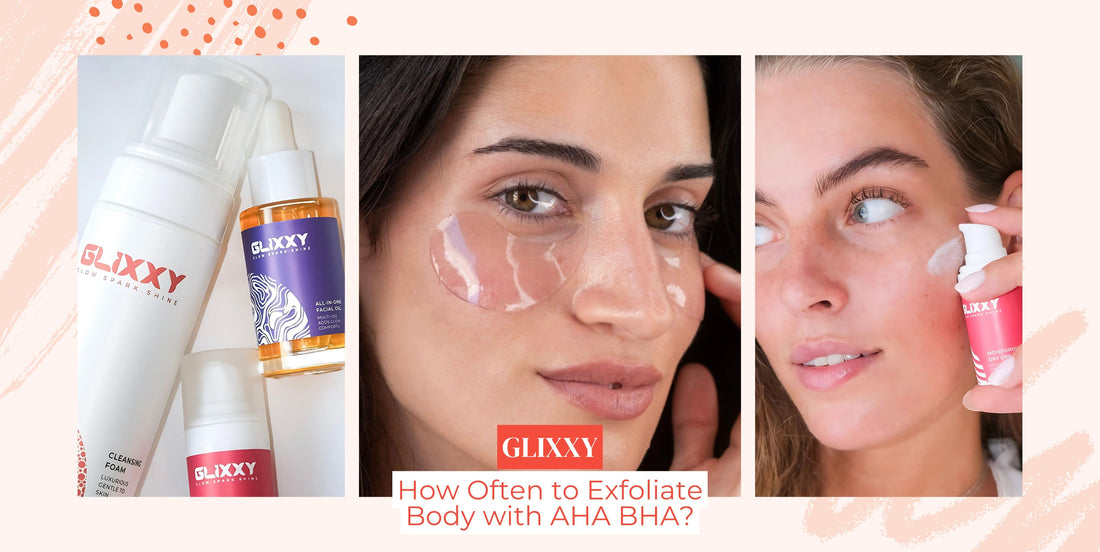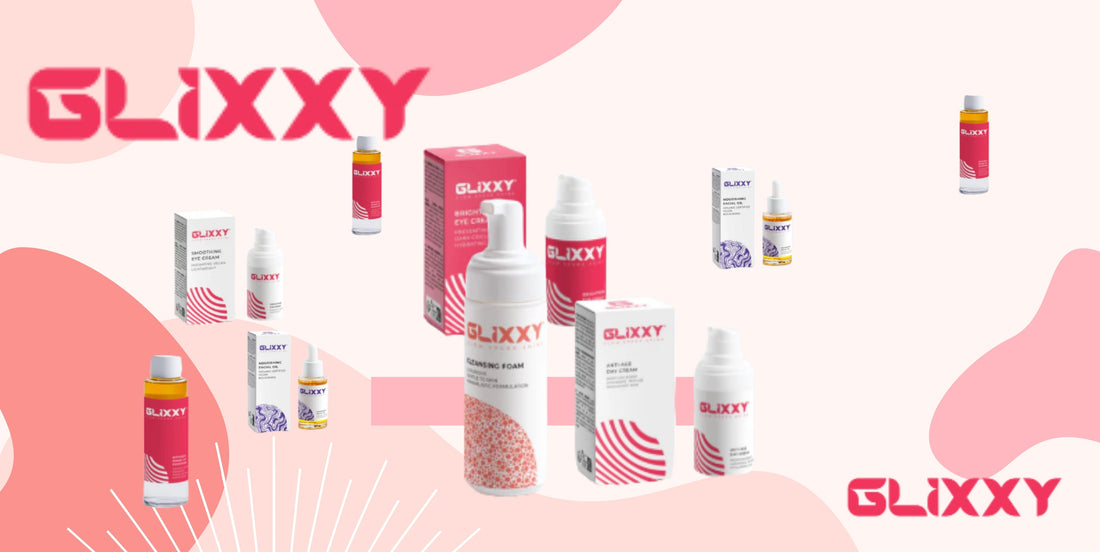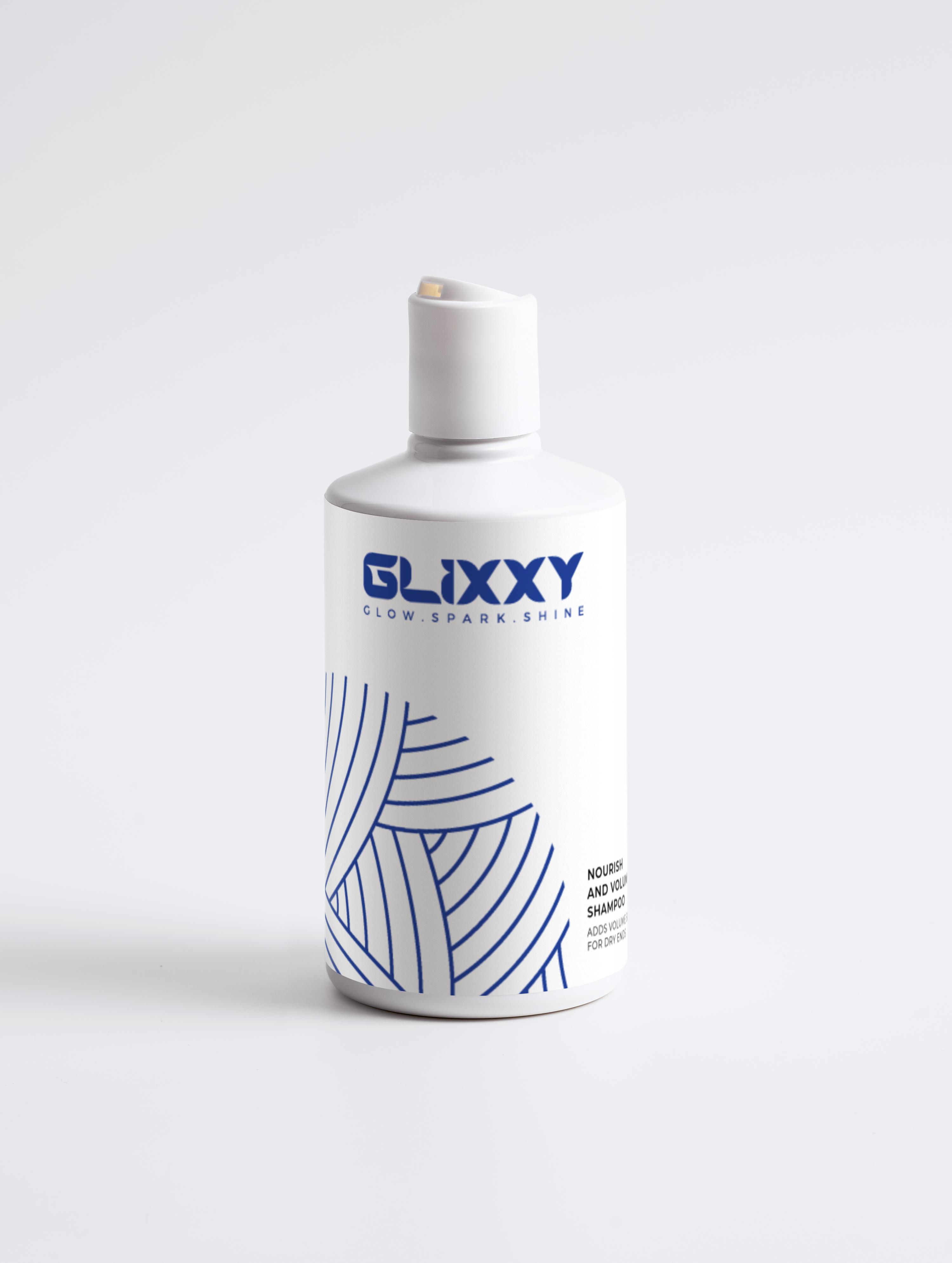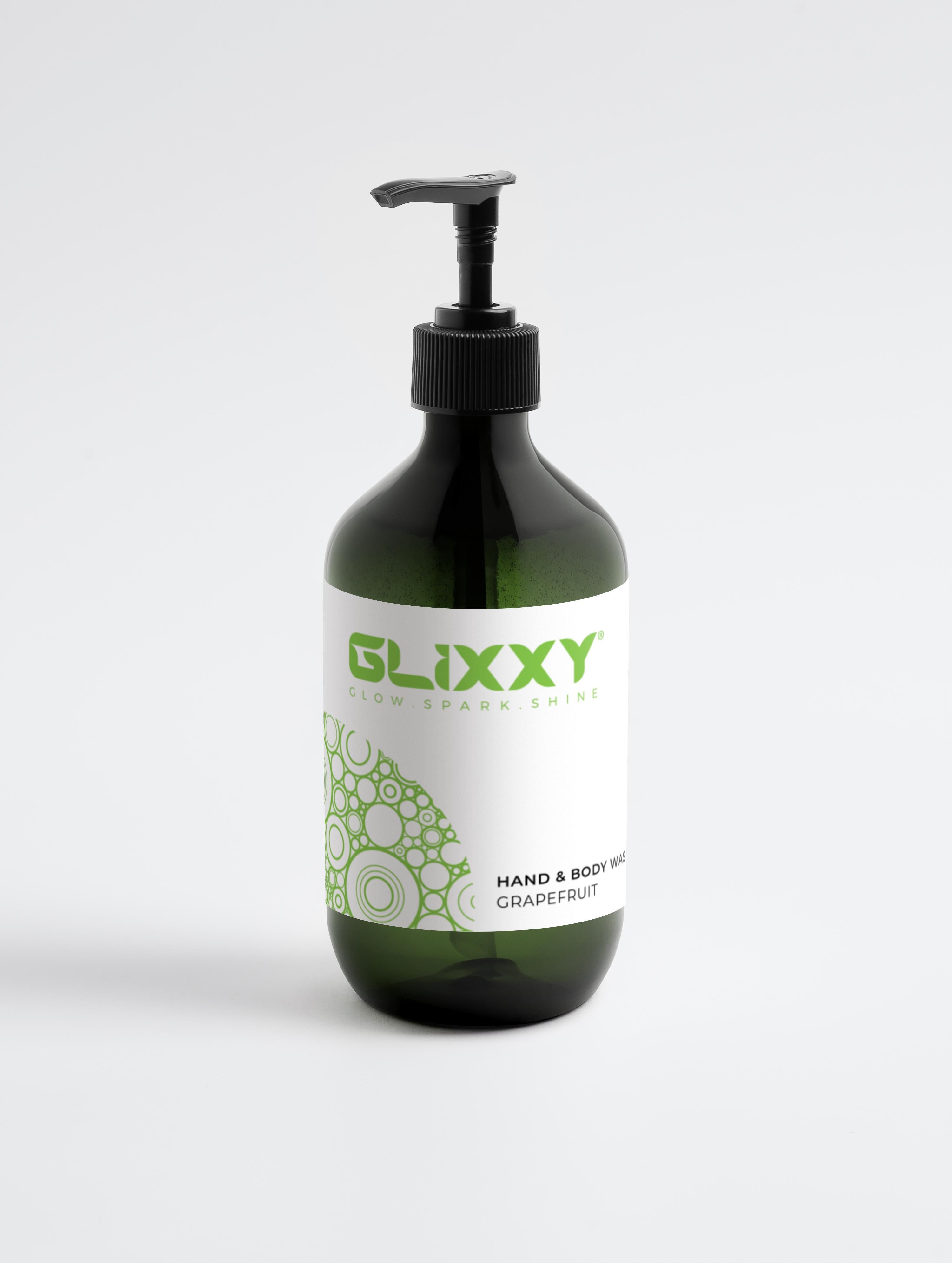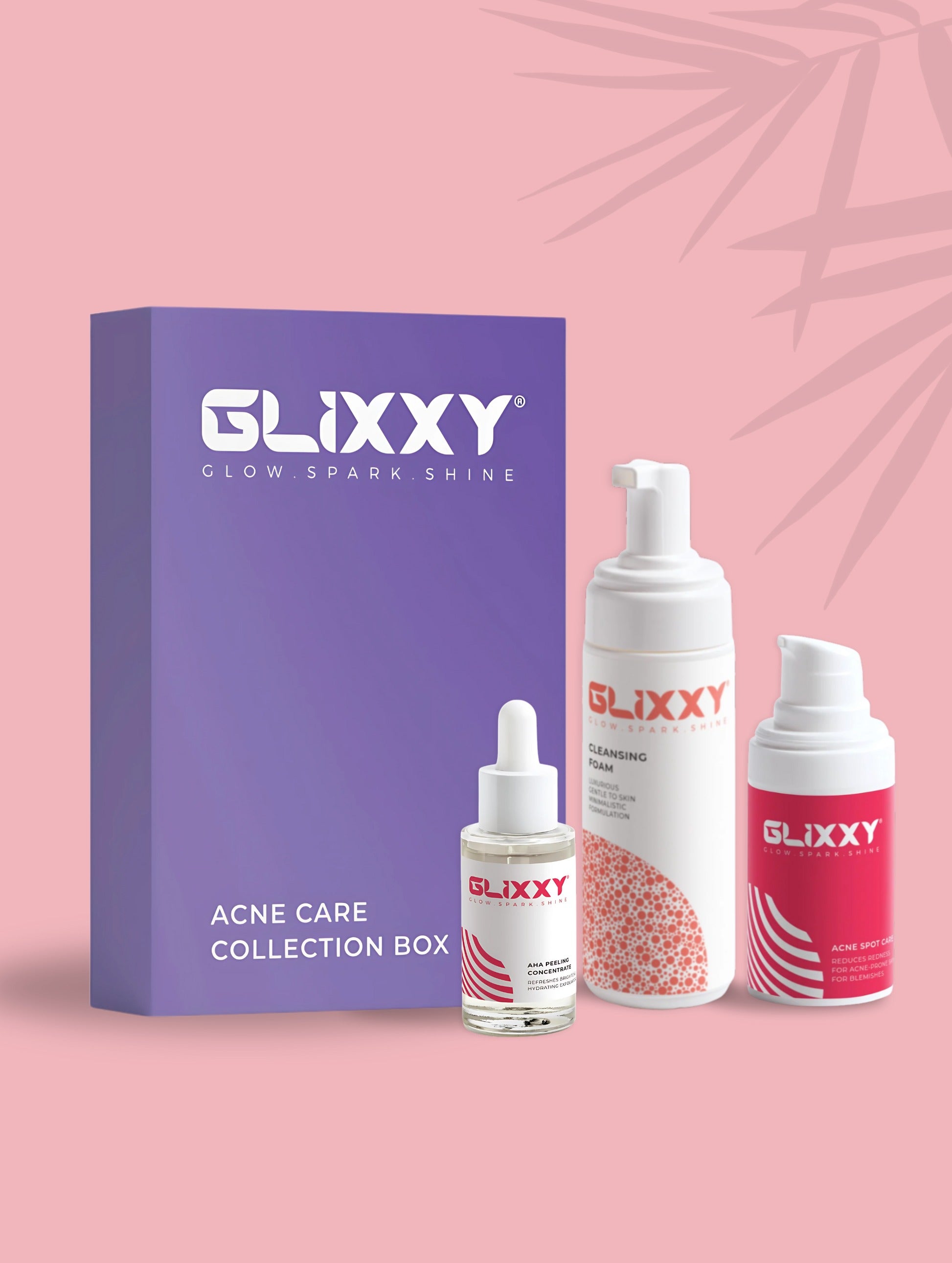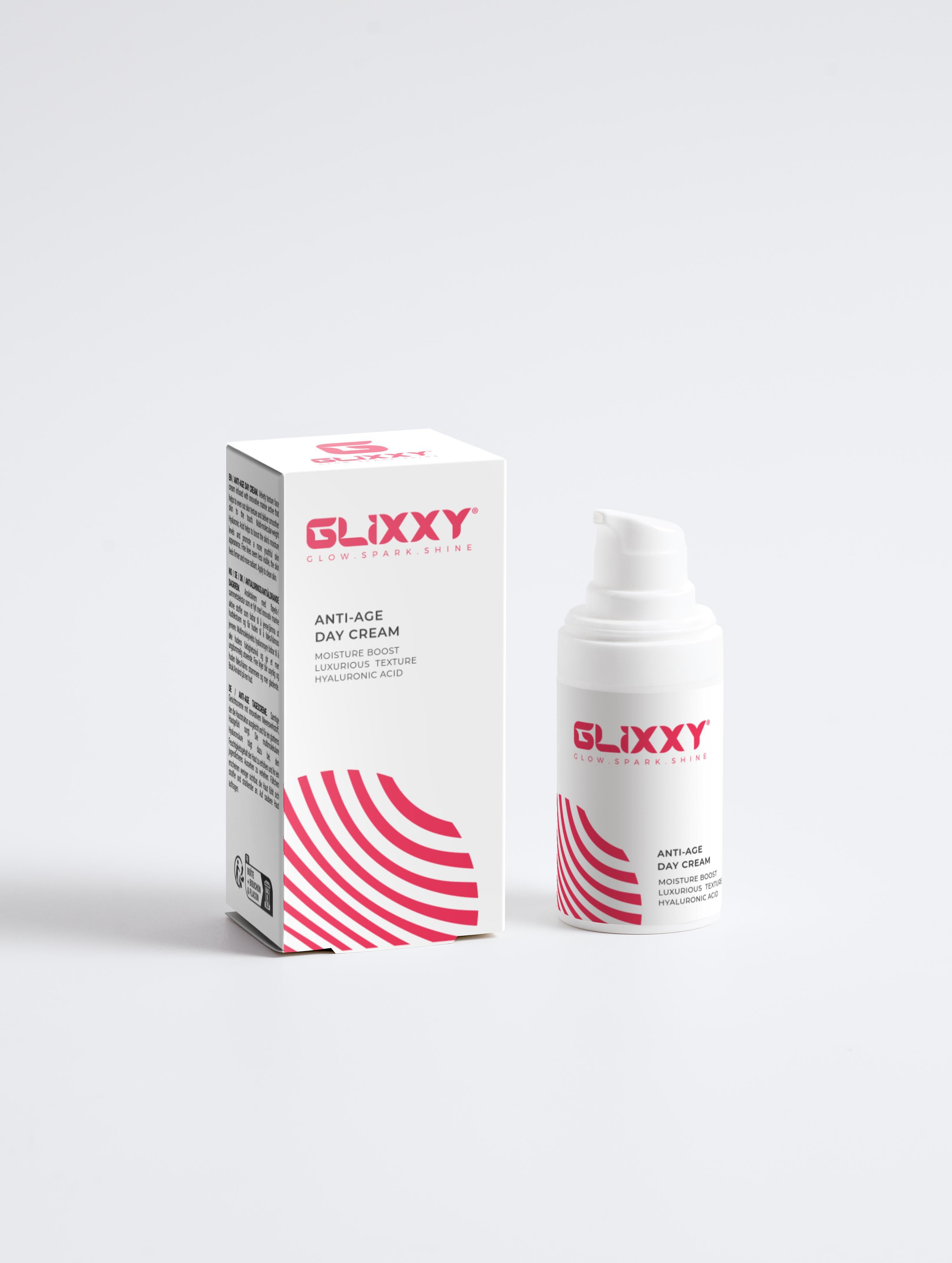Acne is one of the most common skin issues caused by clogged pores and excessive oil production. It tends to develop different types of acne lesions, such as pimples, whiteheads, and blackheads, in the affected skin. If you're dealing with acne-prone skin, you may have tried various methods and remedies to get rid of acne lesions. A face wash helps to manage acne and deeply cleanse your skin, leaving it radiant, healthy, and nourished. It helps remove makeup residue, oil, sweat, and dirt buildup, which leads to skin breakouts. The best cleanser is one that helps maintain your skin's pH level, as it has a significant impact on your skin.
Not every skin type is the same, so it's crucial to choose a facial cleanser with your unique skin type in mind. If you're not aware of your skin type or skin's pH level, schedule an appointment with a dermatologist. Read further to know more about the most suitable face wash for your acne-prone skin.
How to choose the best cleanser for acne?
Select a skincare product based on the ingredients used. Because the active ingredients of the formula decide how well it works on your skin. The following are the most commonly used ingredients found in acne face washes:

Salicylic acid
Best for: exfoliation
Salicylic acid is one of the most common ingredients used in acne face washes. It helps exfoliate the skin and prevent clogged pores. Get rid of dead skin cells with such an amazing ingredient. It works best on skin prone to blackheads and whiteheads.
Benzoyl peroxide
Best for: reducing oil, exfoliation, and promoting skin cell turnover
Benzoyl peroxide, a skin care ingredient with strong antimicrobial properties, is widely used to eliminate acne-causing bacteria that are lingering beneath the skin's pores. It also helps remove dead skin cells that clog pores, ultimately resulting in skin breakouts.
Alpha hydroxy acids (AHAs) and Sulfur
Best for: collagen promotion, exfoliation, and excess oil
Two main ingredients, Alpha hydroxy acids (AHAs) and Sulfur, contribute to vanishing lesions and dead skin cells. They prevent clogged pores by gently exfoliating skin and also promote collagen production. These key ingredients are beneficial for ageing and oily skin types, as they help remove facial sebum and excessive oil.
AHAs are used to gently exfoliate the skin and remove dead skin that clogs pores. They can also help to improve collagen production and correct discolouration.
Sulfur is used to control oil production and remove excessive sebum from the skin. It also effectively removes dead skin cells, whose buildup can clog pores, keeping future breakouts at bay. It's also antibacterial and antifungal, which can inhibit the growth of bacteria that can lead to acne (Cutibacterium acnes).
Note: If you're still looking for a face wash that best suits your skin needs, it's better to visit a dermatologist.
What are we looking for?

Acne-prone skin usually has acidic pH, excessive sebum production, and inflammation. It should be treated with products that can regulate sebum production, soothe the skin, and dry out the pimple. Understanding acne causes and treatments is crucial before moving ahead.
A comprehensive acne-compatible routine starts with a good face wash. It won't make your acne worse; it cleanses the skin deeply and balances its pH level. It also matters how you use it. Don't quickly wash them off. Apply and leave them for at least 30 seconds, allowing ingredients to interact and work on your skin.
Let's explore what to consider first while choosing the best cleanser:
Skin type
First, know what your skin type is. Your skin, aside from being acne-prone, can also be dry, oily, or sensitive. Your skin type helps determine which cleanser suits your skin. People with oily skin may need to look for strong doses of acne-fighting active ingredients, whereas relatively low doses are good for sensitive skin. Dry skin should be treated with hydrating actives such as hyaluronic acid.
How to find your skin type?
If you're unsure about your skin type, there's an easy way to find it out. Wash your face with a gentle cleanser and wait for 30 minutes. If your skin is tight and flaky, you likely have dry skin. If it's slick, it's probably oily. If your skin feels comfortable, neither oily nor dry, it means you have normal skin. Combination skin is oily at the T-zone (nose, forehead, and tops of the cheeks) and normal or dry at the rest of your skin.
Active ingredients
The active ingredients used in face cleanser matter too. The dose of the active ingredient should be compatible with your skin type. The salicylic acid and benzoyl peroxide active ingredients are best for oily and combination skin types, while face washes for dry skin types must contain Hyaluronic acid.
Cleanser texture
Keeping personal preference aside, it's better to consider your skin type while choosing the texture of your cleanser. If your skin type is oily and acne-prone, foaming cleansers can be very drying, as can some gel cleansers. At the same time, creamy formulas are more nourishing and hydrating for the dry skin type.
Noncomedogenic formula
The term "Noncomedogenic" means the underlying skincare product won't clog pores. It's important for all acne-prone skin, regardless of your skin type. Acne-prone skin should prefer sulphate-free products. Sulphates are aggressive surfactants that can wash away healthy fats and lipids, leading to dry skin.
Best acne face wash overall.
Cleansing Foam
- Key ingredients: Rose Flower Water, Chamomile Extract, and Calendula Extract
- Product highlights: Natural Certified, and Allergen Label Free
- Skin type: All skin types
- Pros: Luxurious, Gentle on the skin, and Minimalistic formulation
- Cons: Contains fragrance, pricey
Enriched with natural organic extracts, cleansing foam is designed to remove impurities, dead skin cells, and makeup residue. It calms irritation and restores natural balance to sensitive and normal skin. Regular use helps you get soft, clean, and refreshed skin.
Its active ingredients soothe irritation, decrease skin inflammation, and ultimately treat acne-prone skin. Free from harsh additives and allergens, it's safe for daily use and gentle enough for even the most sensitive skin types.
Best cleanser for sensitive skin

Sensitive Skin Face & Body Cleanser
- Key ingredients: Linden Flower & Jasmine Extracts, and Plum Fruit Extract
- Product highlights: Dermatologically tested, Natural Certified, and Allergen Label Free
- Skin type: All skin types
- Pros: Gentle to skin, Minimalistic formulation, deeply cleanses, and maintains hydration
- Cons: Contains fragrance
Packed with soothing botanicals, the Sensitive Skin Face & Body Cleanser calms and cleanses your skin without the need for a 15-step routine. This minimal, dermatologically-tested cleanser hydrates, soothes, and respects even the most reactive skin. It ensures to deeply moisturise and purify your skin from all the impurities.
The allergen-free formula is best for sensitive and acne-prone skin. The key ingredients it is enriched with nourish, refresh, and remove dirt, dust, and dead skin cells. This rich face wash revives your skin's moisture level and comforts it from irritation.
Summing up
To treat acne-prone skin, choose an acne cleanser based on your skin type and acne concerns. At the same time, make it clear that face wash is considerable while managing breakouts, but it shouldn't be the only tool you use. Face wash is just formulated to cleanse and remove impurities from your face. But it couldn't treat acne on its own. Follow a complete acne treatment routine to get rid of acne lesions, in which a cleanser is an adjunct to soothe acne-prone skin.
Never expect too much from your face wash. Visit a dermatologist and get useful instructions and the best treatment for your acne.
Product Used




